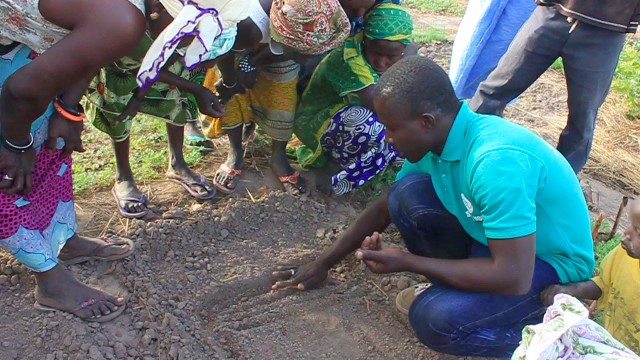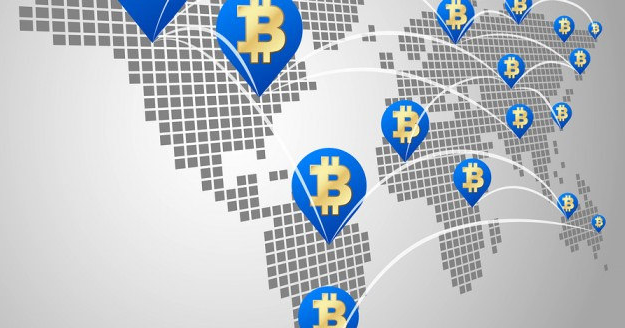This is the second post in a two part series on this topic. The first installment was written by TJ earlier in the week.
The Exchange 2.0 conference at the U.S. Institute of Peace on 4/27 offered a stimulating discussion that centered on using new technologies to further cross-cultural learning. While it was clearly conveyed that face-to-face study abroad programs are one of the best vehicles for promoting cross-cultural understanding, the reality is that many people (especially more disadvantaged students) may never have these opportunities. In an era when American young people need to know more than ever about our world and the people in it, the best estimate is that less than 2 percent of Americans enrolled in higher education participate in study abroad programs. Even then, the majority go to Europe.
In view of these realities, the question that a number of panelists addressed was how technology-enabled international exchange could be improved, used to support existing programs, scaled up, and leveraged to foster meaningful dialogue and learning across cultures. Panelists included representatives from Soliya’s Connect Program, iEarn, and the Global Nomads Group–all of whom shared information (and videos) about the inspiring work they are doing. There are plenty of barriers, however. Lack of institutional capacity, language, and the digital divide remain three.
My question to one of the panels was whether and how mobile phones could be used to advance this work. Having just returned from a Rotary Peace Fellowship, where I had the chance to visit rural communities in both Thailand and Nepal, I was made very aware of the complete lack of Internet access in these villages. However, even people in the most remote communities had mobile phones. There are some amazing things being done with mobile phones and economic development, but what about cultural and social development? Is it possible, or is it even a good idea?
As Shamil Idriss from Soliya’s Connect Program wisely pointed out, dialogues between diverse communities require trained facilitators, or more polarization (vs. connections) can occur. Countering stereotypes (critical work in our world) also requires a human element and the building of relationships. Finally, SMS messages aren’t known for their depth. I couldn’t agree more with all of these points and maybe these technologies aren’t the best vehicle for this important work. Then again, I still wonder what small steps might be taken to use these technologies to lay the foundation … at least until more comprehensive programs can be put in place?
Here’s one crazy idea: Using mobile phones (or, better yet, Skype-enable Smart Phones with Google Translate functions!) to develop games or activities where young users get points (and awards) for learning about “the other” and finding common ground. It’s not deep dialogue or an exchange program, but could be one small step toward broadening horizons. Something like this may already exist and I’m sure there are lots of other novel ideas, but I’m not sure there is a place to exchange these. I suspect that many groups operating in this field are in their own silos, but perhaps that is changing.
So, where does this work go forward? Some ideas that emerged from Exchange 2.0 were to form a public-private partnership to bring together practitioners working in this domain, the formation of a consortium focusing on online facilitated engagement, and the development of pilot projects. To be continued?



